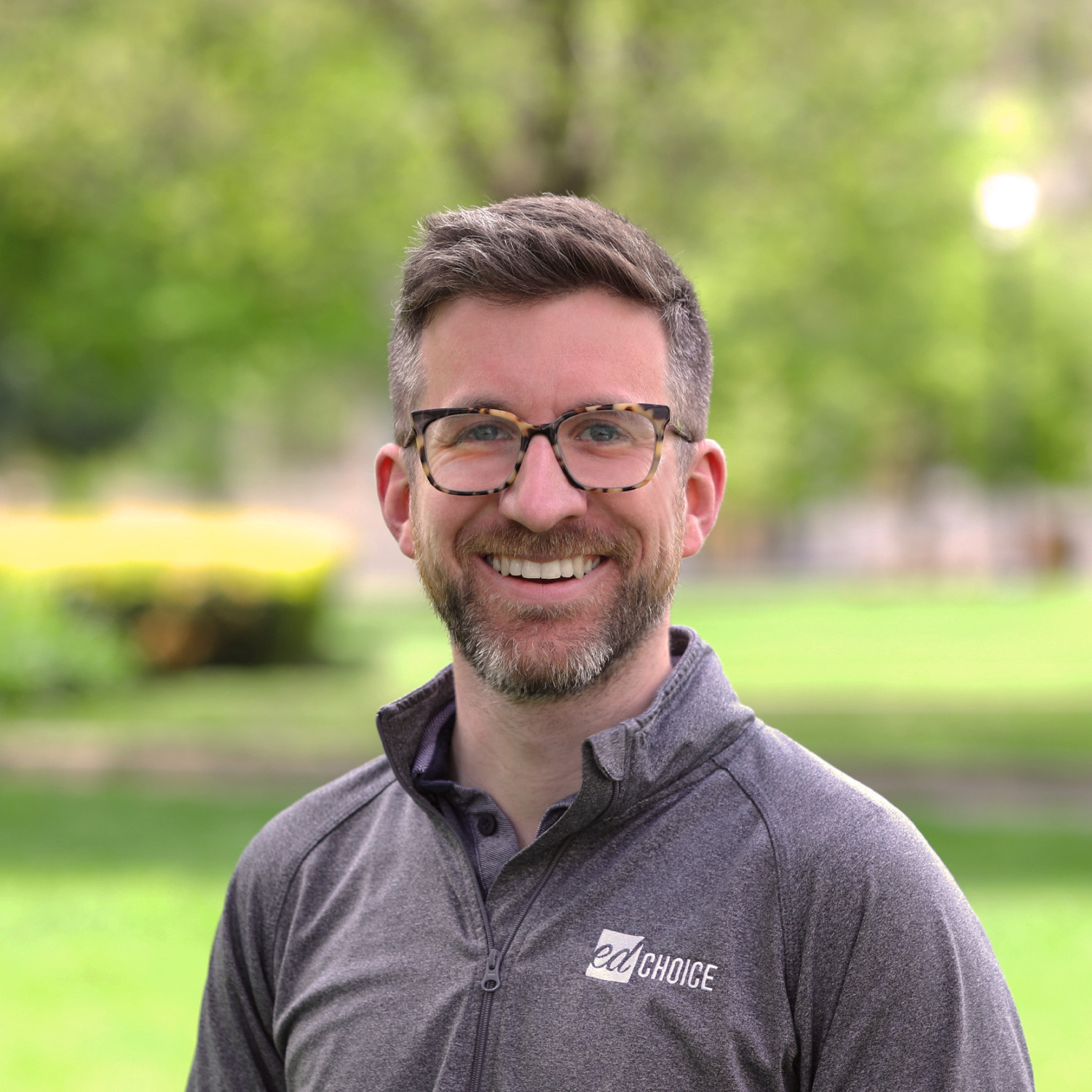Florida Families Overwhelming Satisfied with School Choice Despite Complexity of Programs
Just as news broke that the Florida legislature was sending massive changes to the state’s school choice program to Gov. Ron DeSantis’s desk, researchers from Boston University and the University of Arkansas released a new study of Florida families’ experiences with two of the state’s private school choice programs.
This legislative session, Florida lawmakers combined the two private school choice programs for students with special needs, the McKay Scholarship Program and the Gardiner education savings accounts program, into one large education savings account program. They also expanded eligibility for participating families.
A study of families’ experiences couldn’t be timelier.
So what did the researchers do? They surveyed almost 4,000 Florida families, including those who particpate in the McKay program, the Gardiner program, and who were eligible to particpate in the programs but chose not to. They also conducted interviews with almost 100 participating families to get more in-depth responses.
They found that participating families were overwhelmingly satisfied with the schools they sent their children to.
While 85 percent of non-participating families said that they were “somewhat” or “very” satisfied with their child’s school, 91 percent of McKay families and 93 percent of Gardiner families said that they were. Specifically looking at the services offered to their children with special needs, 92 percent of Gardiner families and 88 percent of McKay families were satisfied with their child’s special needs teacher or therapist, compared to only 82 percent of non-participating families. A similar pattern was seen with respect to opinions about the school’s ability to accommodate their child’s special needs, with 91 percent of Gardiner families and 87 percent of McKay families saying that they were satisfied, versus 82 percent of non-participating families.
As one McKay parent said in an interview:
“I think it opened up a whole avenue of feeling like I didn’t have to have him stay in a setting that I felt like he wasn’t going to be successful in. And without it. I don’t think he’d be where he is today. I absolutely don’t think so… I feel like it’s opened up a whole option, the option of giving my son something better for him to be successful to have a better life to get the education he needs so he can become, you know, a functional successful adult.”
The researchers did find some differences based on family characteristics, but perhaps not as large as one might expect. When comparing parental education levels, there was only a one-point difference for Gardiner families and a two-point difference for McKay Families (92% satisfied vs. 91% and 92% satisfied vs. 90%, respectively) between college and non-college educated parents. There was a ten-point gap (89% satisfied vs 79%) for non-participating families. There was a 13-point gap for McKay families with respect to income, with 80 percent of those families earning less than $60,000 per year satisfied versus 93 percent of those making more than $60,000. There was basically no gap for Gardiner families (93% vs. 91%) and a five-point gap for non-participating families (88% of families making more than $60,000 satisfied vs. 83% of families making less than $60,000).
The researchers also found families facing some challenges in finding and accessing school options. They described a set of “layered constraints” ranging from the student and parent level to the societal level. Individual characteristics of students and families and their mix of resources and struggles can shape the options available to them. So can the number and locations of schools and school services. How funds are distributed and the availability of educational providers can too.
But I do have to say that given that an overwhelmingly large number of families are satisfied, I don’t know how much we should fret over such concerns. It reminds me a bit of Nick Saban still screaming at his players in the fourth quarter when they’re up by six touchdowns. Sure, the Crimson Tide can always play better, and they need to be prepared for the next game, but lighten up coach. You’re crushing it today. The same seems to be true here. When north of 90 percent of people are satisfied with something, the hurdles that they overcame to get there aren’t so big of a deal, right? Should we maybe just say that lots of good things in life are complicated and ‘twas ever thus?
Maybe that’s why Nick Saban has seven national championships to my zero. And maybe there is more work to be done in lowering school choice barriers in Florida. But this paper makes me less concerned about that, not more.
On an unrelated note, I think this paper buttresses the decisions to roll the McKay program (a voucher program) and the Gardiner program (an ESA program) up into a single ESA that will basically make it like everyone was participating in the Gardiner program. On almost every measure, families participating in the Gardiner program were more satisfied than those participating in the McKay Program.
But doesn’t that raise its own questions? The Gardiner program is more complicated for families to particpate in than the McKay program, and yet those families are more satisfied. Its not easy for me to square the circle that complexity is a problem when those participating in the more complex program are more satisfied. We’ll have to keep thinking about that one.
Of course, it is important to help families navigate the vast array of school choices that are available to them in education savings account and other school choice programs. Creating systems where families can rate providers, leave feedback and share insights is important work worth doing. Supporting families as they navigate choices and having people available to answer questions and discuss options is important too.
But even absent those supports, families are finding a way to access educational options that are working for their children. That is a testament to the love these families have for their children and their ability to know what is best for them, even in a system of imperfect information and hurdles that must be cleared.




